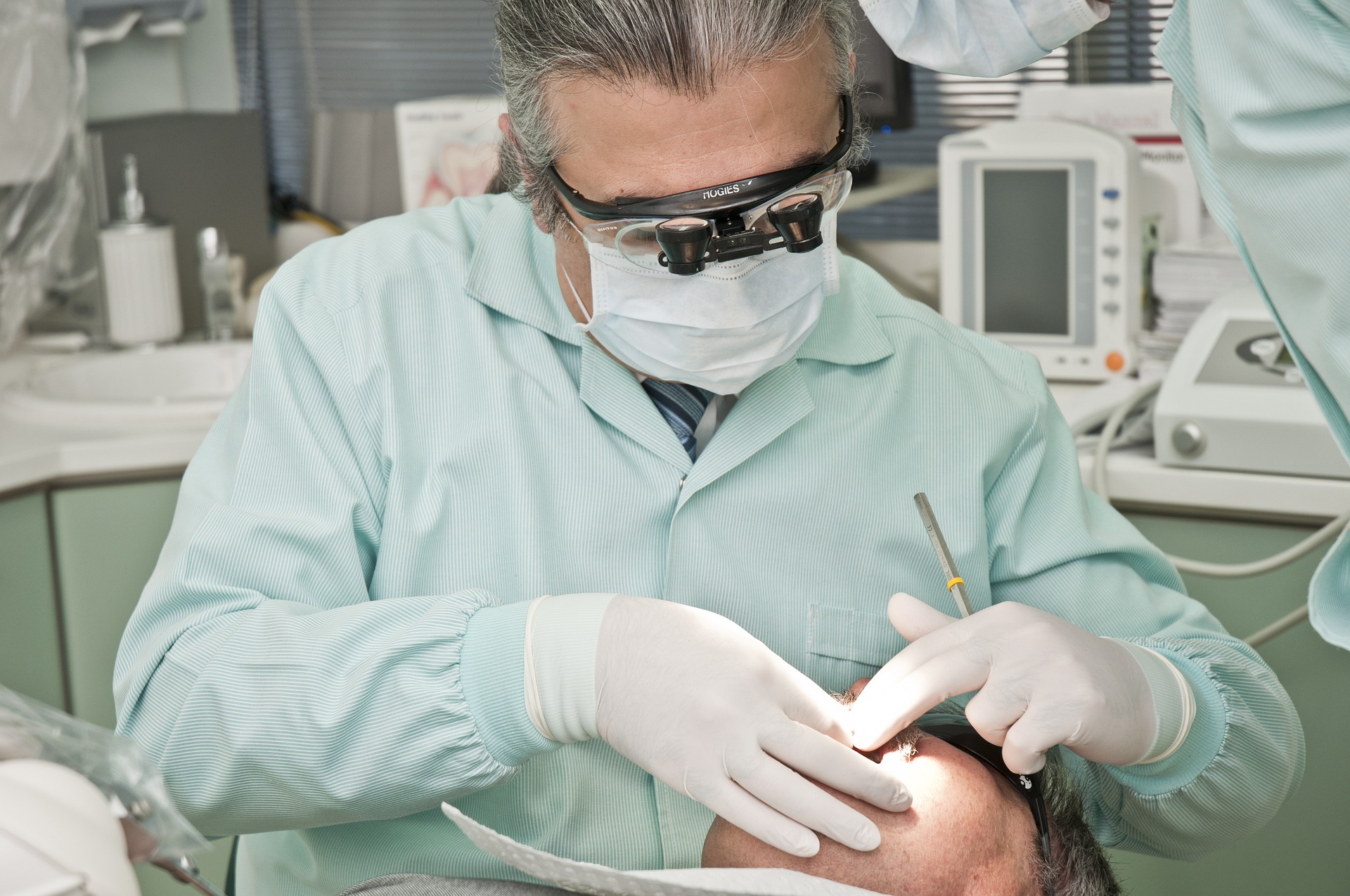NHS Rhinoplasty Eligibility: Medical Necessity Assessment Guide
Understanding when the NHS funds rhinoplasty surgery involves meeting strict medical criteria rather than cosmetic preferences. The National Health Service evaluates functional breathing problems, congenital deformities, and trauma-related injuries when determining eligibility for nose surgery. This comprehensive assessment process ensures public healthcare resources support patients with genuine medical needs requiring surgical intervention.

The NHS operates under stringent guidelines when evaluating rhinoplasty requests, distinguishing between medical necessity and cosmetic enhancement. Unlike private healthcare systems, NHS-funded nose surgery requires documented evidence of functional impairment or significant medical conditions affecting quality of life.
How The NHS Assesses Medical Necessity For Rhinoplasty
NHS assessment begins with comprehensive medical documentation from general practitioners and specialist consultants. The evaluation process examines breathing difficulties, sleep disorders, chronic sinusitis, and structural abnormalities that significantly impact daily functioning. Medical professionals conduct detailed examinations including nasal endoscopy, CT scans, and breathing function tests to establish objective evidence of impairment.
The assessment considers severity scores, duration of symptoms, and failure of conservative treatments before surgical intervention. Patients must demonstrate that non-surgical approaches including medications, nasal sprays, and breathing exercises have proven ineffective over extended periods.
Understanding When Rhinoplasty Is Available On The NHS
Rhinoplasty becomes available through the NHS when specific medical conditions meet established criteria. Congenital deformities such as cleft lip and palate repairs, severe deviated septums causing chronic breathing problems, and trauma-related injuries resulting in functional impairment qualify for consideration.
The NHS also considers rhinoplasty for patients with nasal polyps requiring surgical removal, chronic rhinosinusitis unresponsive to medical treatment, and sleep apnea directly related to nasal obstruction. Each case undergoes individual assessment by multidisciplinary teams including ENT surgeons, respiratory specialists, and plastic surgeons.
Waiting times vary significantly across different NHS trusts, typically ranging from six months to two years depending on clinical priority and regional capacity. Emergency cases involving trauma or severe breathing difficulties receive expedited treatment pathways.
Medical Reasons For NHS Funded Nose Surgery
Functional breathing disorders represent the primary medical justification for NHS rhinoplasty funding. Severe nasal obstruction causing documented sleep disturbances, chronic fatigue, and reduced oxygen saturation levels meets medical necessity criteria. Patients experiencing recurrent sinus infections, chronic headaches, and difficulty performing daily activities due to breathing problems often qualify for surgical intervention.
Congenital conditions including nasal atresia, severe asymmetry affecting function, and developmental abnormalities receive priority consideration. Trauma-related deformities from accidents, sports injuries, or previous unsuccessful surgeries also warrant NHS funding when functional impairment is documented.
Cancer reconstruction following tumor removal, correction of previous surgical complications, and repair of nasal collapse from cocaine use or other medical conditions fall under NHS coverage when medically justified.
Eligibility Criteria For Rhinoplasty Through The NHS
NHS eligibility requires patients to meet multiple criteria simultaneously. Primary requirements include documented functional impairment lasting minimum six months, failure of conservative treatment approaches, and objective evidence of structural abnormalities affecting breathing or quality of life.
Age considerations play important roles, with most NHS trusts requiring patients to reach physical maturity before considering elective rhinoplasty. Exceptions exist for severe congenital deformities or trauma cases requiring immediate intervention.
Patients must demonstrate realistic expectations about surgical outcomes and understand potential risks and complications. Psychological assessment may be required for complex cases involving body dysmorphia or unrealistic cosmetic expectations.
| Condition Type | NHS Coverage | Typical Assessment Period | Key Requirements |
|---|---|---|---|
| Functional Breathing Disorders | Covered | 3-6 months | Documented breathing tests, failed conservative treatment |
| Congenital Deformities | Covered | 1-3 months | Medical imaging, specialist consultation |
| Trauma-Related Injuries | Covered | Immediate-6 months | Accident documentation, functional assessment |
| Sleep Apnea (nasal-related) | Covered | 6-12 months | Sleep study results, ENT evaluation |
| Cosmetic Enhancement Only | Not Covered | N/A | Private healthcare required |
Assessment periods and coverage may vary between NHS trusts and individual circumstances. Independent medical consultation is advised for specific cases.
The NHS rhinoplasty process involves multiple stages including initial GP referral, specialist consultation, diagnostic testing, and surgical planning. Patients should maintain detailed records of symptoms, treatment attempts, and functional limitations to support their applications. Understanding these criteria helps patients navigate the system effectively while ensuring appropriate use of public healthcare resources.
This article is for informational purposes only and should not be considered medical advice. Please consult a qualified healthcare professional for personalized guidance and treatment.




